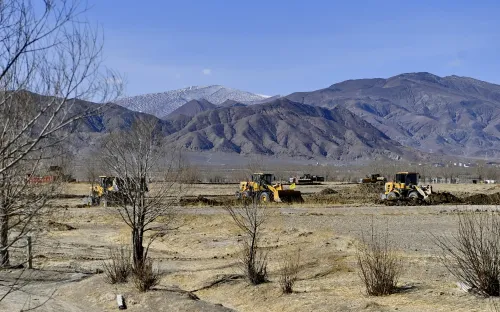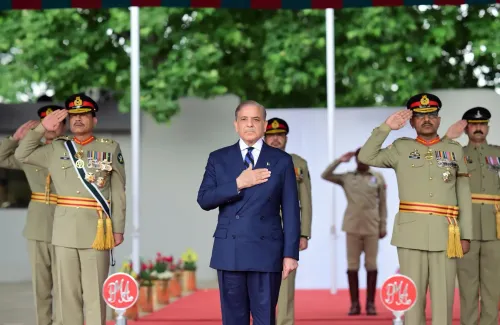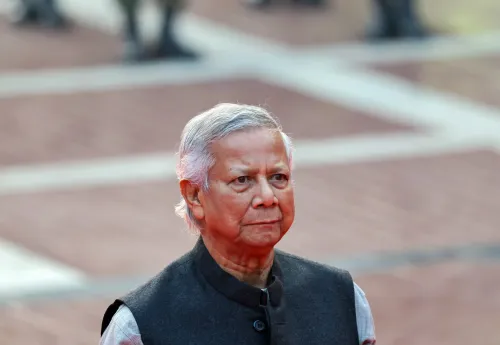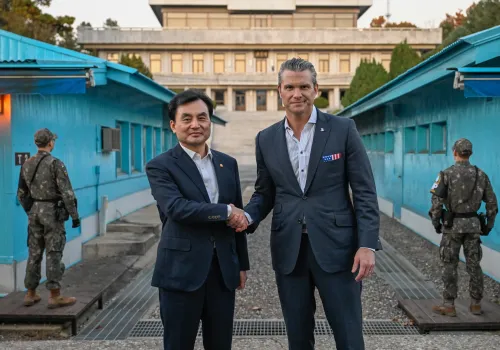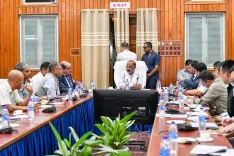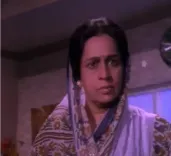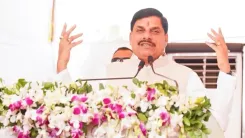Is Bangladesh's Interim Government Failing Amidst Violence and Instability?
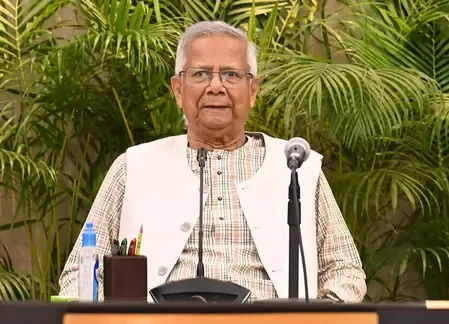
Synopsis
Key Takeaways
- Bangladesh faces escalating violence and instability.
- The interim government struggles to maintain order.
- Minorities are increasingly vulnerable to attacks.
- Radical groups are gaining influence.
- Upcoming elections are at risk without law and order.
New Delhi, Sep 14 (NationPress) The hope of reinstating democracy in Bangladesh following the removal of former Prime Minister Sheikh Hasina in 2024 has been overshadowed by escalating chaos, mob rule, and empowered extremist factions, casting doubt on the legitimacy of elections under Nobel laureate Muhammad Yunus' interim government.
Hasina's unexpected departure was seen as a chance to revitalize Bangladesh's political framework, yet the lack of robust institutions and deepening factional strife quickly led to a power vacuum.
Instead of serving as a technocratic bridge, Yunus's caretaker administration has overseen a surge in disorder.
Within the year following Hasina's departure, human rights organizations recorded 637 lynchings across the country, with mob justice overtaking traditional conflict resolution, as reported by the European Times.
In January 2025, the police acknowledged the extent of the violence through a contentious report that attempted to minimize the sectarian aspect. Out of 1,769 attacks against minorities, authorities claimed that over 1,200 were politically motivated rather than religiously inspired, with only 20 categorized as purely communal, according to the report.
Police forces, often criticized for complicity or inaction, have been unable to regain public trust, leaving minority communities particularly exposed.
From August 2024 to mid-2025, observers noted 2,442 incidents of communal violence targeting Hindus, Buddhists, Christians, and Ahmadis, which included arson, murders, and sexual assaults.
A February 2025 UN report cautioned against intentional assaults on minorities and indigenous populations, accusing the interim government of negligence.
Local authorities report that only superficial investigations have been initiated, with a mere 62 cases filed and 35 arrests made.
Moreover, radical factions have gained traction. In March, thousands of Hizb-ut-Tahrir supporters openly marched in Dhaka demanding an Islamic Caliphate.
Universities and media outlets now face threats, while women experience increasing harassment in public areas.
The deteriorating security landscape has raised concerns about the viability of the forthcoming elections in this South Asian nation.
Experts argue that without law and order, minority candidates and secular factions cannot campaign freely, polling officials cannot operate securely, and voters cannot participate without trepidation.

